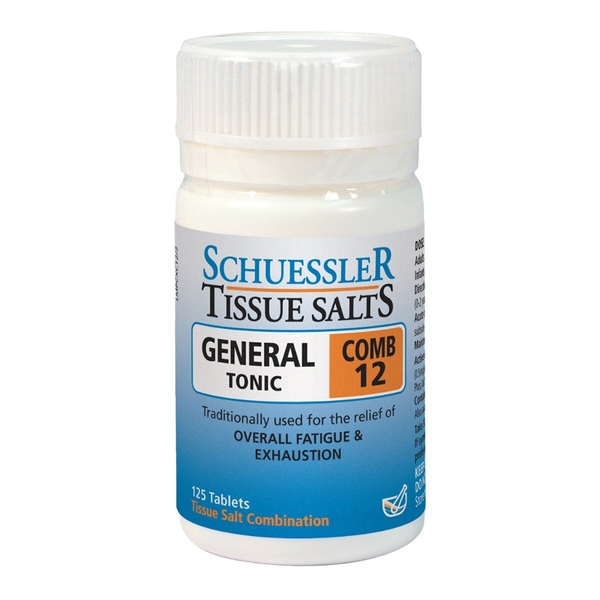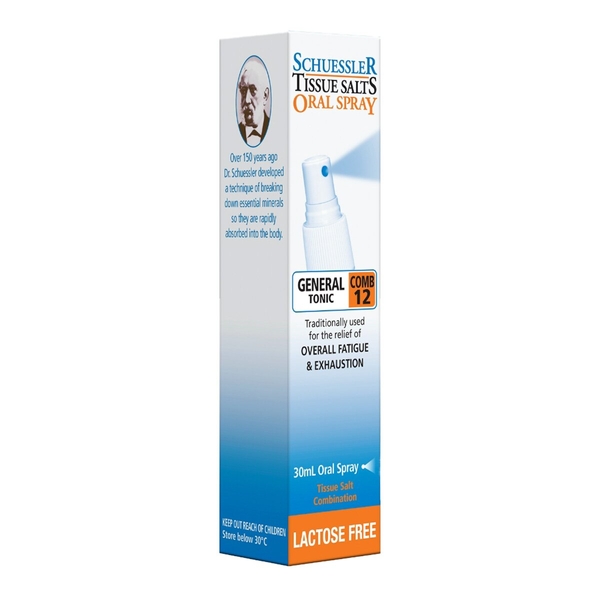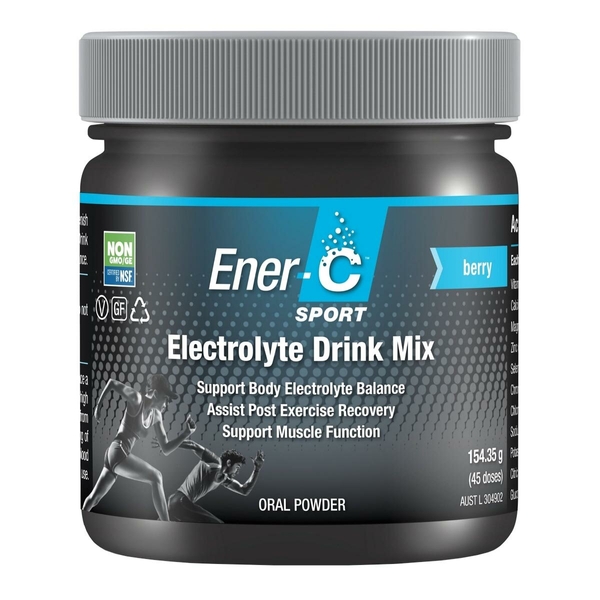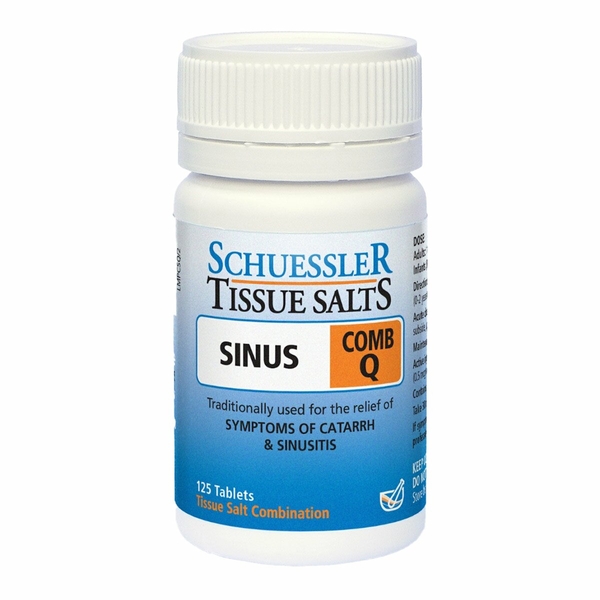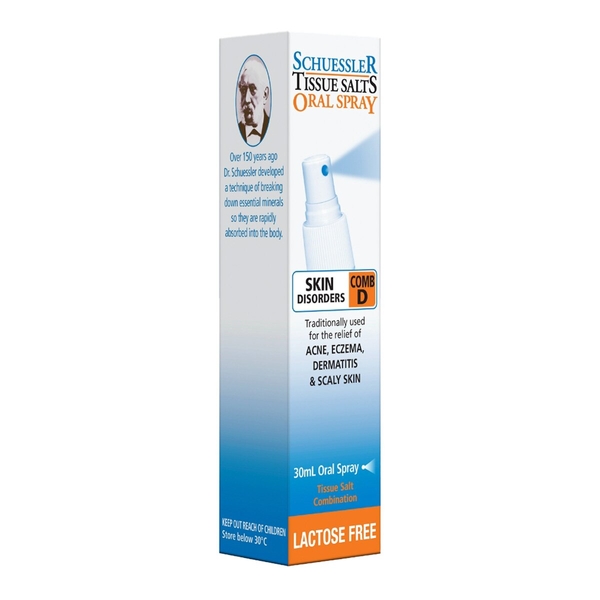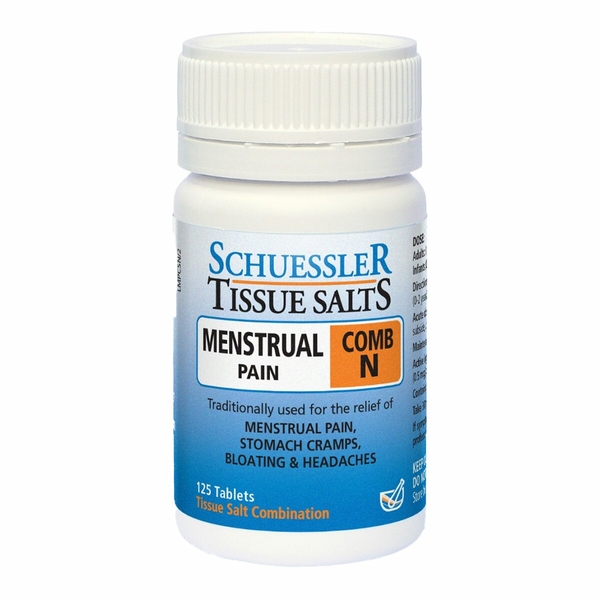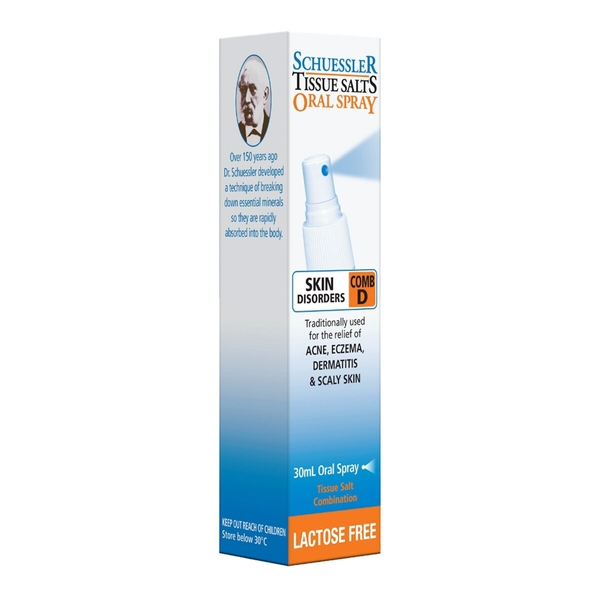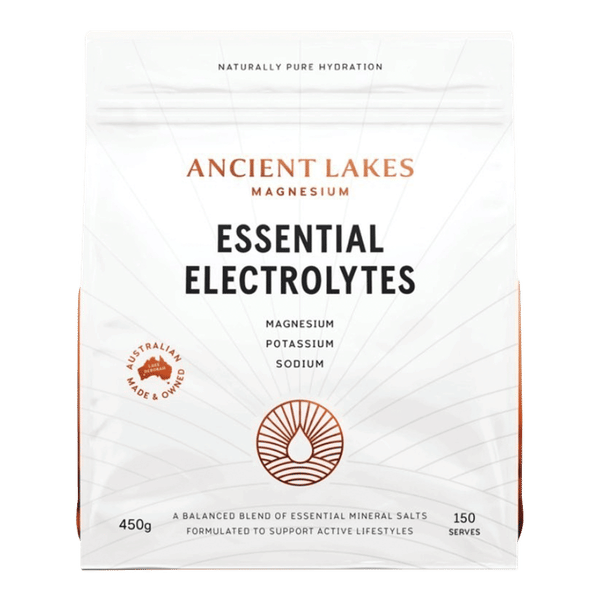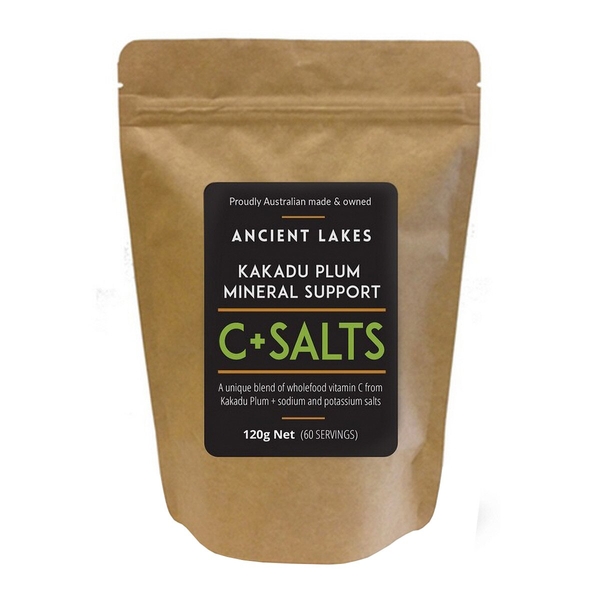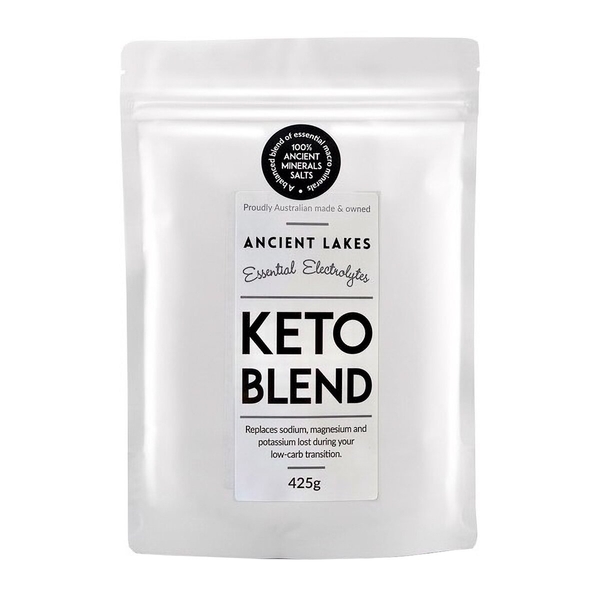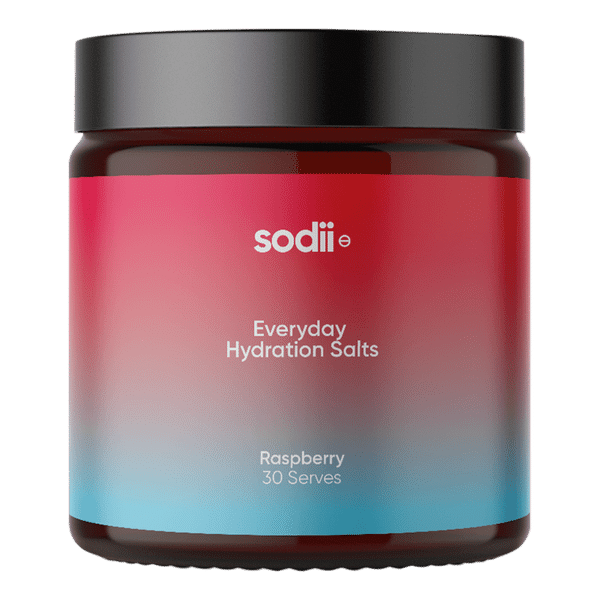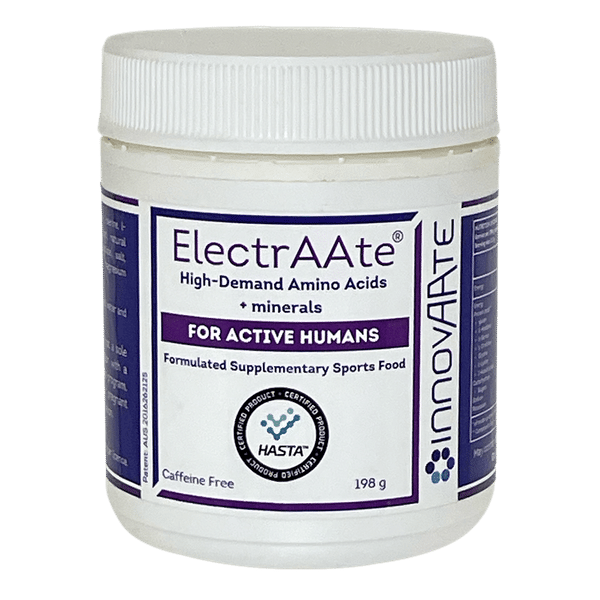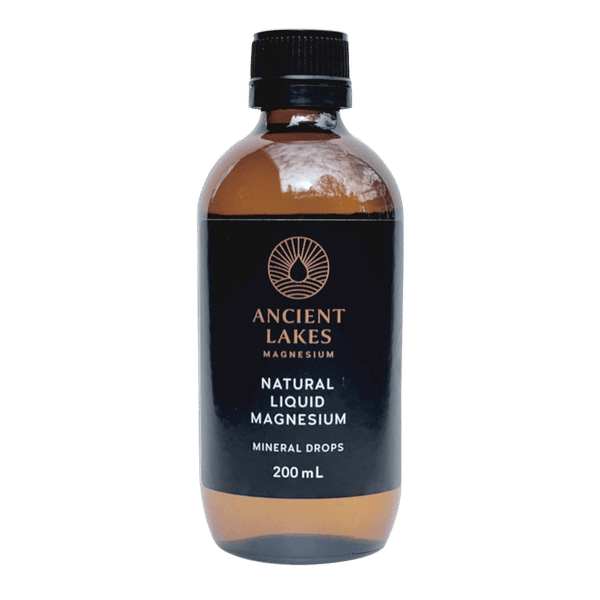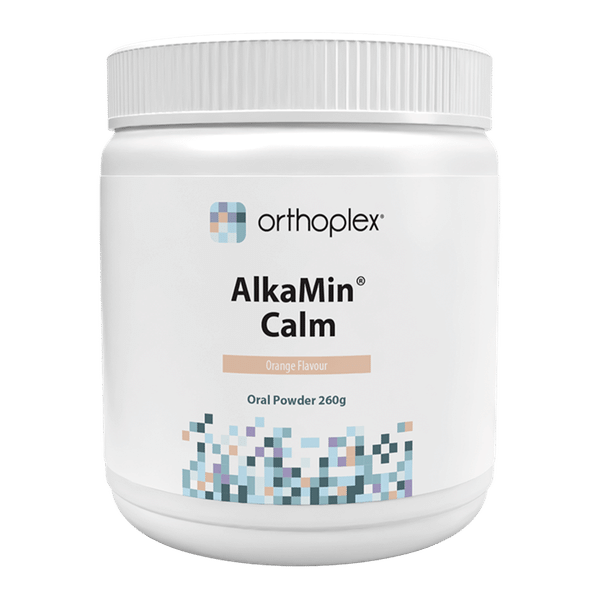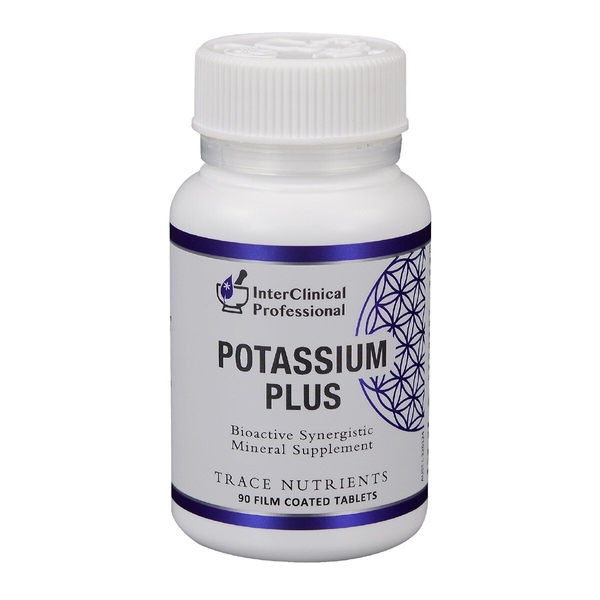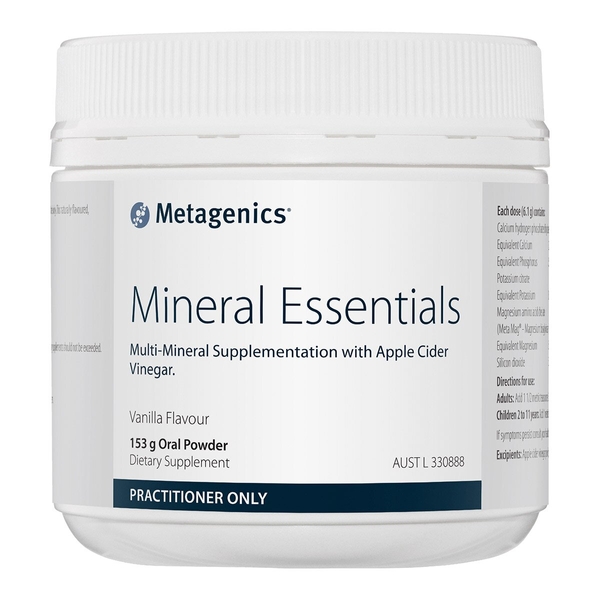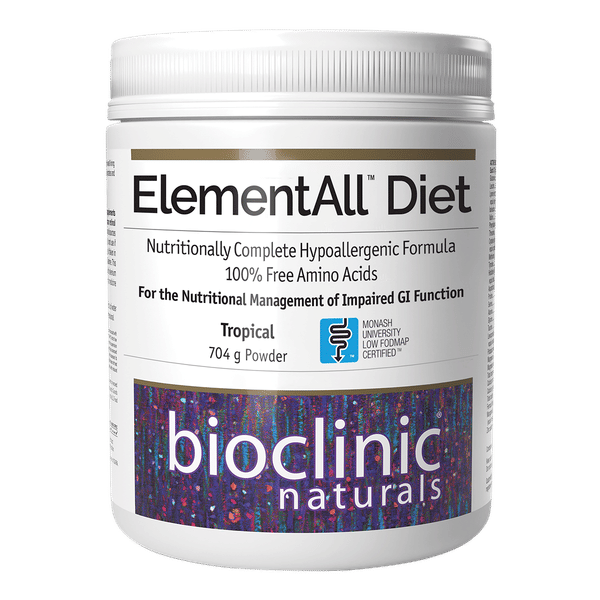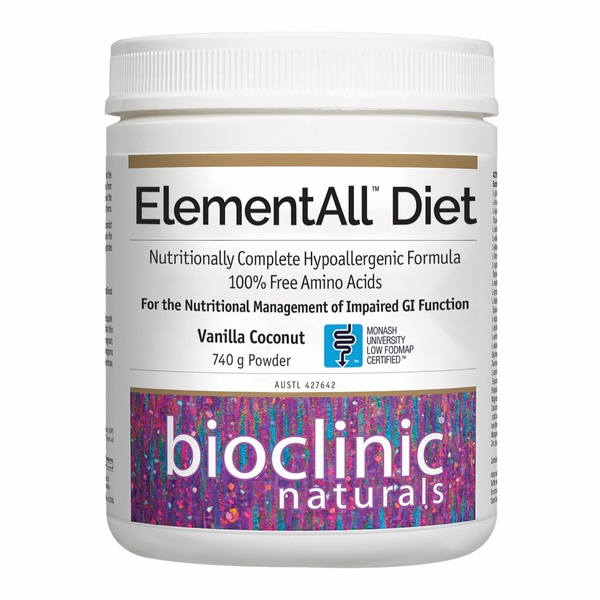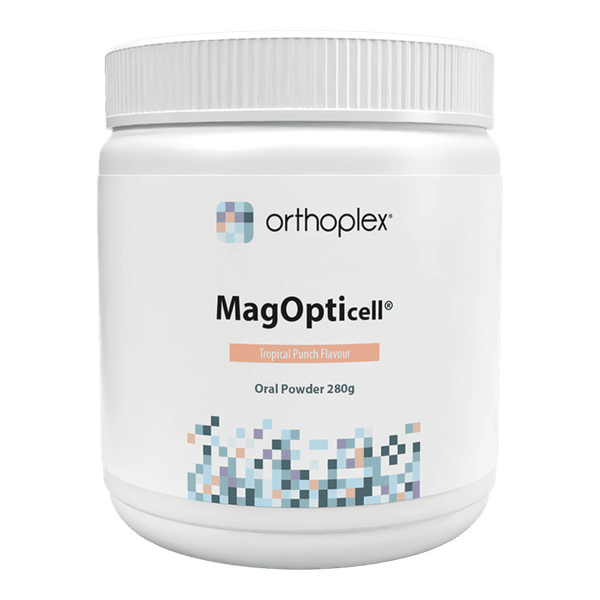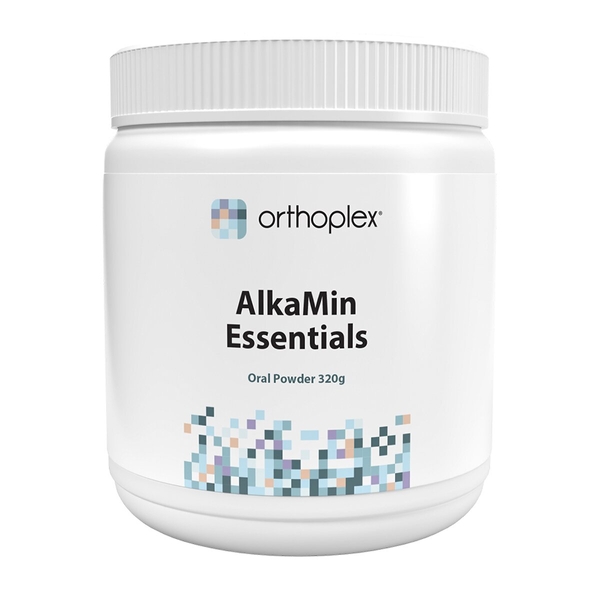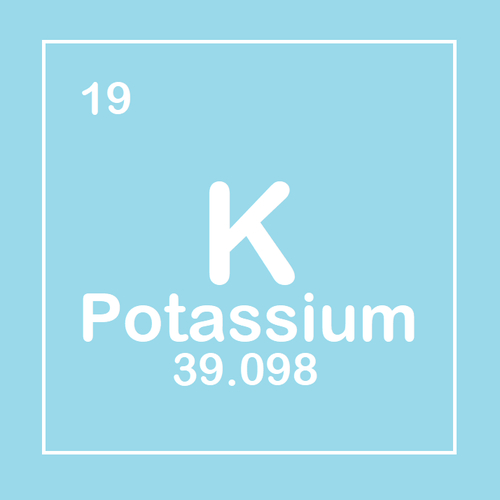
Background
Potassium plays a role in the transmission of nerve signals, muscle contractions, fluid balance, and various chemical reactions.
Potassium is most commonly used for treating and preventing low potassium levels, treating high blood pressure, and preventing stroke. It's also used for prediabetes and many other conditions, but there's no good scientific evidence to support these other uses.
Safety Safety definitions
Special Precautions & Warnings:
Pregnancy and breast-feeding: Potassium is likely safe to consume in amounts typically found in the diet when pregnant or breast-feeding.Children: Potassium is likely safe in children when consumed in amounts typically found in the diet.
Disorders of the digestive tract that might alter the speed food and supplements pass through the body (GI motility conditions): If you have one of these disorders, do not take potassium supplements. Potassium could build up to dangerous levels in the body.
Kidney disease: Kidneys that don't work well have trouble keeping a balanced amount of potassium in the body. If you have a kidney condition, use potassium supplements only with the advice and ongoing care of a healthcare professional.
Effectiveness
- Low levels of potassium in the blood (hypokalemia). Taking potassium by mouth or by IV prevents and treats low levels of potassium in the blood. IV products can only be given by a healthcare provider.
- High blood pressure. Taking potassium can lower blood pressure. Potassium seems to work best for people with high blood pressure, low potassium levels, and high sodium intake. People with high blood pressure should aim to eat foods that provide 3500-5000 mg of potassium daily. This intake of potassium is expected to lower blood pressure by about 4-5 mmHg in people with high blood pressure.
- Kidney stones. Taking potassium citrate can help prevent kidney stones from reoccurring. However, this medication should be prescribed by a healthcare professional. It is unclear whether supplementation with potassium citrate is helpful.
- Heart disease. Higher intake of potassium from food has been linked to a 13% reduced risk of heart disease when compared with lower intake of potassium from food. But it's not clear if taking potassium supplements by mouth has the same benefit.
- Stroke. Higher intake of potassium from food has been linked to up to a 20% reduced risk of stroke. But it's not clear if taking potassium supplements by mouth has the same benefit.
Dosing & administration
Interactions with pharmaceuticals
Medications for high blood pressure (ACE inhibitors)
Interaction Rating=Moderate Be cautious with this combination.
Some medications for high blood pressure can increase potassium levels. Taking potassium supplements along with some medications for high blood pressure might cause too much potassium in the body. But eating food containing moderate amounts of potassium along with these medications does not seem to increase potassium levels.
Medications for high blood pressure (Angiotensin receptor blockers (ARBs))
Interaction Rating=Moderate Be cautious with this combination.
Some medications for high blood pressure can increase potassium levels. Taking potassium supplements along with some medications for high blood pressure might cause too much potassium in the body. But eating food containing moderate amounts of potassium along with these medications does not seem to increase potassium levels.
Water pills (Potassium-sparing diuretics)
Interaction Rating=Moderate Be cautious with this combination.
Some "water pills" can increase potassium levels in the body. Taking some "water pills" along with potassium might cause too much potassium in the body. But eating food containing moderate amounts of potassium along with these medications does not seem to increase potassium levels.
Interactions with herbs & supplements
Interactions with foods
Products
View all products- Potassium phosphate (Kali phos)
- Kalium muriaticum (Kali mur)
- Potassium sulphate (Kali sulph)
- Calcium fluoride (Calc fluor)
- Calcium phosphate (Calc phos)
- Calcium sulphate (Calc sulph)
- Ferrum phosphate (Ferr Phos)
- Magnesium phosphate (Mag phos)
- Natrum muriaticum (Nat mur)
- Sodium phosphate (Nat phos)
- Sodium sulphate (Nat sulph)
- Silicon dioxide (Silica)
- Potassium phosphate (Kali phos)
- Potassium chloride (Kali mur)
- Potassium sulphate (Kali sulph)
- Calcium phosphate (Calc phos)
- Ferrum phosphate (Ferr Phos)
- Magnesium phosphate (Mag phos)
- Sodium phosphate (Nat phos)
- Silicon dioxide (Silica)
- Calcium fluoride (Calc fluor)
- Calcium sulphate (Calc sulph)
- Sodium chloride (Nat mur)
- Sodium sulphate (Nat sulph)
- Potassium chloride 212 mg equiv. potassium 110 mg equiv. chloride 101.95 mg
- Potassium chloride 293 mg
- Sodium chloride (Salt) 321.36 mg equiv. sodium 125 mg equiv. chloride 196.35 mg
- Calcium ascorbate (Vitamin C) 279.91 mg equiv. ascorbic acid 226.72 mg equiv. calcium 25.75 mg
- Calcium citrate 117.16 mg equiv. calcium 24.25 mg
- Zinc ascorbate 33.33 mg equiv. zinc 5 mg equiv. ascorbic acid 25 mg
- Citric acid monohydrate 580 mg
- Glucose monohydrate 800 mg
- Magnesium citrate 340 mg equiv. magnesium 50 mg
- Sodium selenite 25.3 µg equiv. selenium 5 µg
- Chromium picolinate 1 mg equiv. chromium 20 µg
- Potassium phosphate (Kali phos)
- Kalium muriaticum (Kali mur)
- Calcium phosphate (Calc phos)
- Magnesium phosphate (Mag phos)
- Potassium citrate 553 mg equiv. potassium 200 mg
- Magnesium citrate 1.94 g equiv. magnesium 300 mg
- Calcium citrate 1.82 g equiv. calcium 400 mg
- Zinc citrate dihydrate 77.9 mg equiv. zinc 25 mg
- Selenomethionine 78 µg equiv. selenium 31.5 µg
- Taurine 3 g
- Glycine 2 g
- Calcium ascorbate dihydrate (Vitamin C) 1.22 g equiv. ascorbic acid 1 g equiv. calcium 114 mg
- Thiamine hydrochloride (Vitamin B1) 25.4 mg equiv. thiamine 20 mg
- Riboflavin 5-phosphate sodium (Activated B2) 13.2 mg equiv. riboflavin 10 mg
- Nicotinamide (Vitamin B3) 25 mg
- Calcium pantothenate (Vitamin B5) 32.8 mg equiv. pantothenic acid 30 mg equiv. calcium 2.73 mg
- Pyridoxal 5-phosphate monohydrate (P5P) 78.4 mg equiv. pyridoxine 50 mg
- Biotin 500 µg
- Molybdenum trioxide 90 µg equiv. molybdenum 60 µg
- Chromium chloride hexahydrate 507 µg equiv. chromium 100 µg
- Menaquinone 7 (Vitamin K2) 45 µg
- Potassium citrate 415 mg equiv. potassium 150 mg
- Calcium hydrogen phosphate dihydrate 1.4 g equiv. calcium 325 mg equiv. phosphorus 251 mg
- Selenomethionine 250 µg equiv. selenium 100 µg
- Magnesium bisglycinate 1.5 g equiv. magnesium 150 mg
- Zinc bisglycinate (Zinc amino acid chelate) 50 mg equiv. zinc 10 mg
- Silicon dioxide 50 mg
- Manganese amino acid chelate 31 mg equiv. manganese 5 mg
- Borax 8.8 mg equiv. boron 1 mg
- Potassium iodide 196 µg equiv. iodine 150 µg
- Molybdenum trioxide 180 µg equiv. molybdenum 120 µg
- Chromium nicotinate 500 µg equiv. chromium 50 µg
- Iron bisglycinate 50 mg equiv. iron 10 mg
- Potassium citrate 402.65 mg equiv. potassium 145.75 mg
- L-glutamine 2.22 g
- L-leucine 1.68 g
- Lysine hydrochloride 451.03 mg equiv. l-lysine 361 mg
- L-isoleucine 450 mg
- L-valine 450 mg
- L-phenylalanine 200 mg
- L-threonine 200 mg
- Cysteine hydrochloride 45 mg equiv. cysteine 31.04 mg
- L-methionine 120 mg
- L-tyrosine 112.5 mg
- Histidine hydrochloride 185.25 mg equiv. l-histidine 150 mg
- L-aspartic acid 111 mg
- L-proline 111 mg
- L-serine 27.75 mg
- L-alanine 27.75 mg
- Glycine 27.75 mg
- Taurine 11 mg
- Zinc sulphate monohydrate 5.7 mg equiv. zinc 2.08 mg
- Sodium ascorbate (Vitamin C) 22.5 mg equiv. ascorbic acid 20 mg
- d-alpha-Tocopheryl acetate 10 mg equiv. vitamin E 10 IU
- Retinol palmitate (Vitamin A) 421.72 µg equiv. vitamin A 230.21 µg equiv. vitamin A 767 IU
- Cyanocobalamin (Vitamin B12) 2 µg
- Levocarnitine tartrate (L-carnitine) 10.99 mg equiv. levocarnitine 7.5 mg
- Magnesium citrate 166.67 mg equiv. magnesium 27 mg
- Ferrous fumarate 4.6 mg equiv. iron 1.5 mg
- Manganese sulphate monohydrate 10.14 mg equiv. manganese 330 µg
- Selenomethionine 28.59 µg equiv. selenium 11.54 µg
- Copper sulfate pentahydrate 654.7 µg equiv. copper 167 µg
- Molybdenum trioxide 10.56 µg equiv. molybdenum 8 µg
- Chromium picolinate 30.87 μg equiv. chromium 3.84 μg
- Potassium iodide 22 µg equiv. iodine 17 µg
- Borax 2.20 mg equiv. boron 250 µg
- Choline bitartrate 80.89 mg equiv. choline 33.25 mg
- Nicotinamide (Vitamin B3) 3.25 mg
- Pyridoxine hydrochloride (Vitamin B6) 790 µg equiv. pyridoxine 650 µg
- Cholecalciferol 1.65 µg equiv. vitamin D3 66 IU
- Riboflavin (Vitamin B2) 500 µg
- Thiamine nitrate (Vitamin B1) 616.83 µg equiv. thiamine 500 µg
- Folic acid 31.27 µg
- Biotin 50 µg
- Calcium pantothenate (Vitamin B5) 3.53 mg equiv. pantothenic acid 3.25 mg
- Phytomenadione (Vitamin K1) 10 µg
- Glucose monohydrate 12.5 g
- Sunflower lecithin 250 mg
- Magnesium glycerophosphate 50.12 mg equiv. magnesium 6.25 mg
- Calcium glycerophosphate 392.73 mg equiv. calcium 75 mg
- Calcium phosphate 62.62 mg equiv. calcium 25 mg
- Chromic chloride hexahydrate 46.95 μg equiv. chromium 9.16 μg
- Levomefolate glucosamine (Activated folate) 8 μg equiv. levomefolic acid 4.5 μg
- Medium Chain Triglycerides (powder) (MCT) 3 g
- Potassium citrate 402.6 mg equiv. potassium 145.74 mg
- Glutamine 2.22 g
- L-leucine 1.68 g
- Lysine hydrochloride 451.03 mg equiv. lysine 361 mg
- L-isoleucine 450 mg
- L-valine 450 mg
- L-phenylalanine 200 mg
- L-threonine 200 mg
- Cysteine hydrochloride 45 mg equiv. cysteine 31.04 mg
- L-methionine 120 mg
- L-tyrosine 112.5 mg
- Histidine hydrochloride 185.25 mg equiv. l-histidine 150 mg
- L-aspartic acid 111 mg
- L-proline 111 mg
- L-serine 27.75 mg
- Glycine 27.75 mg
- L-alanine 27.75 mg
- Taurine 11 mg
- Levocarnitine tartrate (L-carnitine) 10.99 mg equiv. levocarnitine 7.5 mg
- Magnesium citrate 167.09 mg equiv. magnesium 27 mg
- Magnesium glycerophosphate 49.99 mg equiv. magnesium 6.25 mg
- Calcium phosphate 62.64 mg equiv. calcium 25 mg
- Calcium glycerophosphate 393.27 mg equiv. calcium 75 mg
- Ferrous fumarate 45.6 mg equiv. iron 1.5 mg
- Manganese sulphate monohydrate 1.02 g equiv. manganese 330 µg
- Zinc sulphate monohydrate 5.74 mg equiv. zinc 2.08 mg
- Selenomethionine 28.64 µg equiv. selenium 11.54 µg
- Copper sulfate pentahydrate 656.27 µg equiv. copper 167 µg
- Molybdenum trioxide 12 µg equiv. molybdenum 8 µg
- Chromic chloride hexahydrate 46.95 µg equiv. chromium 9.16 µg
- Chromium picolinate 30.89 µg equiv. chromium 3.84 µg
- Potassium iodide 22.25 µg equiv. iodine 17 µg
- Borax 2.2 mg equiv. boron 250 µg
- Choline bitartrate 80.84 mg equiv. choline 33.25 mg
- Sodium ascorbate (Vitamin C) 22.5 mg equiv. ascorbic acid 20 mg
- dl-alpha-Tocopheryl acetate 10 mg equiv. vitamin E 10 IU
- Nicotinamide (Vitamin B3) 3.25 mg
- Retinol palmitate 418.58 µg equiv. vitamin A 767 IU
- Pyridoxine hydrochloride (Vitamin B6) 790 µg equiv. pyridoxine 650 µg
- Cholecalciferol 1.65 µg equiv. vitamin D3 66 IU
- Riboflavin (Vitamin B2) 500 µg
- Thiamine nitrate (Vitamin B1) 616.83 µg equiv. thiamine 500 µg
- Folic acid 31.27 µg
- Biotin 50 µg
- Calcium pantothenate (Vitamin B5) 3.53 mg equiv. pantothenic acid 3.25 mg
- Phytomenadione (Vitamin K1) 10 µg
- Cyanocobalamin (Vitamin B12) 2 µg
- Glucose monohydrate (Dextrose) 12.5 g
- Sunflower lecithin 250 mg
- Levomefolate glucosamine (Activated folate) 8 µg equiv. levomefolic acid 4.5 µg
- Medium Chain Triglycerides (powder) (MCT) 3 g
- Potassium citrate 276.57 mg equiv. potassium 100 mg
- Total Magnesium 310 mg
- Magnesium amino acid chelate 1.06 g equiv. magnesium 150 mg
- Magnesium citrate nonahydrate 841.4 mg equiv. magnesium 100 mg
- Magnesium orotate dihydrate 455 mg equiv. magnesium 30 mg
- Magnesium phosphate pentahydrate 145.32 mg equiv. magnesium 30 mg
- Chromium nicotinate 400 μg equiv. chromium 50 μg
- Creatine monohydrate 1 g
- Zinc amino acid chelate 25 mg equiv. zinc 5 mg
- Manganese amino acid chelate 10 mg equiv. manganese 1 mg
- Thiamine hydrochloride (Vitamin B1) 30.2 mg equiv. thiamine 26.9 mg
- Pyridoxal 5-phosphate (P5P) 10.7 mg equiv. pyridoxine 6.8 mg
- Nicotinamide (Vitamin B3) 50.1 mg
- Riboflavin 5-phosphate sodium (Activated B2) 12 mg
- Selenomethionine 63 μg equiv. selenium 25.2 μg
- Taurine 500 mg
- L-glutamine 500 mg
- Calcium pantothenate (Vitamin B5) 164 mg equiv. pantothenic acid 150 mg
- Calcium folinate (Activated folate) 540 μg equiv. folinic acid 500 μg
- Cyanocobalamin (Vitamin B12) 400 μg
- Ascorbic acid (Vitamin C) 200 mg
- Levocarnitine (L-carnitine) 500 mg
- Potassium citrate 276 mg equiv. potassium 100 mg
- Calcium citrate 2.07 g equiv. calcium 500 mg
- Magnesium citrate 1.85 g equiv. magnesium 300 mg
- Zinc citrate dihydrate 31.1 mg equiv. zinc 10 mg
- Selenomethionine 75.2 µg equiv. selenium 30.4 µg
- Chromic chloride hexahydrate 307.2 µg equiv. chromium 59.2 µg
- Molybdenum trioxide 90.4 µg equiv. molybdenum 60 µg
- Menaquinone 7 (Vitamin K2) 90.4 µg

